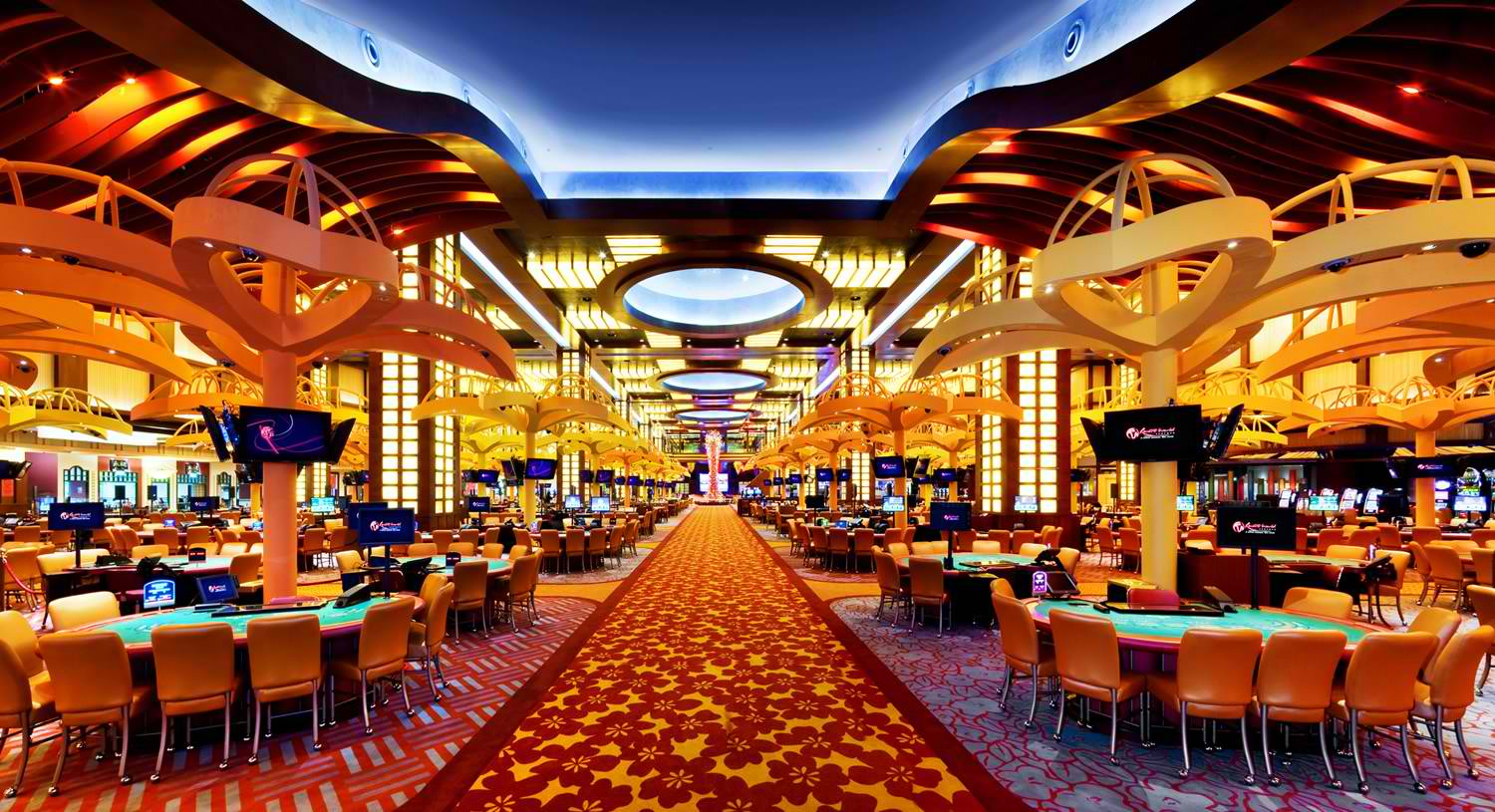In the world of gambling, in which chance and strategy meet, a unique tapestry of beliefs unfolds—one that weaves together luck, fate, and the enigmatic nature of casino games. Casinos, bustling with excitement and anticipation, are not just spaces for placing bets; they are also arenas in which superstitions thrive. From the novice player to the seasoned gambler, these mysterious practices often shape how individuals approach the games they play, holding the belief that their actions can influence the outcome in ways that go beyond mere probability.
When players gather around roulette wheels, blackjack tables, and slot machines, the atmosphere is thick with stories of lucky charms, rituals, and codified behavior that defy logic yet provide a sense of comfort. Nạp tiền 78WIN It could be the case that it’s wearing a specific outfit, following a particular sequence of bets, or even avoiding certain numbers, the attachment to various superstitions reflects a deep-rooted desire to control the uncontrollable. This article delves into the captivating world of casino game superstitions, investigating the beliefs that both entertain and mystify those who dare to play.
Historical Roots of Superstitions
Casino activities have long been interwoven with an host of superstitions that go back to early cultures. The roots of these ideas can be connected to humanity’s fundamental wish to control the random outcomes associated with fortune and chance. In ancient civilizations, games of uncertainty were often tied to religious practices. Players would seek favor or request favor from gods, believing that their actions could affect the results in their advantage. This foundation laid the foundation for the myriad of superstitions that spread as betting evolved over time.
During the medieval period, gambling became a common activity across European nations, and with it, a rich tapestry of superstitions emerged. Players adopted numerous rituals and charms, believing they could influence the outcome of games. The importance of digits, in particular, started to appear in superstitions related to card games and dice. The number seven was often considered auspicious, while various numbers carried unfortunate connotations. These notions mirrored the cultural contexts of the time, adapting as they moved through generations and changed to different gaming environments. 78WIN
As gaming establishments developed in the 17th century, particularly in the Italian peninsula and France, the atmosphere surrounding betting became steeped in enigma. The growing accessibility of casino games allowed for the dissemination and growth of superstitions among players. Concepts like fortunate charms, designated seating arrangements, and rituals gained prevalence, creating a special culture within casinos. As these customs continued to thrive, they became fundamental to the identity of casino activities, illustrating how history and culture shape the notions that influence how players engage with fortune.
Common Gambling Myths
Superstitions surrounding casino activities are abundant and varied, reflecting the hopes and anxieties of players as they participate in chance-based activities. One of the most prevalent views is that certain digits bring luck or bad luck. For example, the number 7 is often seen as a lucky digit, frequently embraced by players looking for a favorable result. Conversely, the number 13 is routinely considered unlucky, leading many players to avoid it during their gaming periods.
A frequent belief relates to rituals that gamblers believe can affect their odds. Whether blowing on dice before a throw, using a specific hand to place a wager, or even putting on particular items of attire, many people feel that these actions can tilt fate in their favor. These practices offer a feeling of power in an otherwise random environment, strengthening the idea that luck can be created through personal convictions and habits.
Finally, the environment and atmosphere of the gambling house itself contributes to superstition. Many gamblers suggest that the presence of certain icons, such as four-leaved clovers or fortunate coins, can enhance their chances of winning. Additionally, gamblers might hold to the belief that victory streaks can be halted by mundane occurrences, such as someone walking past or a accident at the table. The shared environment in a casino can amplify these superstitions, creating a communal culture of superstitions that goes beyond individual encounters.
Impact of Superstitions on Players
Beliefs play a important role in the psychology of gamblers, often influencing their behavior and decision-making. Numerous gamblers believe that luck can be influenced through different rituals, such as donning a talisman, choosing particular hues, or steering clear of particular digits. This dependence on superstitions can create a sense of control in an environment that is inherently unpredictable. Players often feel more confident and involved when they believe that their actions could sway the outcome of a game in their favor.
The impact of these superstitions extends beyond individual players, affecting the general atmosphere inside the casino. For example, a player who holds the belief in the luck of a particular slot machine might attract a crowd, as others are fascinated by their apparent luck. This shared belief can amplify excitement and create a dynamic environment, leading to an captivating experience even for those who may not necessarily be superstitious. The buzz around certain games can lead to higher participation and longer playing sessions, supporting the casino’s vibrant social scene.
In some cases, superstitions can lead to detrimental effects for players. Depending too heavily on rituals can result in poor gambling decisions, as some may ignore basic strategies in favor of baseless beliefs. Additionally, the pressure to perform rituals may heighten anxiety and stress levels, diminishing from the pleasure of the experience. Ultimately, while superstitions can enhance the excitement of playing casino games, they can also lead to unwise choices that overshadow the fun and entertainment intended in the casino experience.
